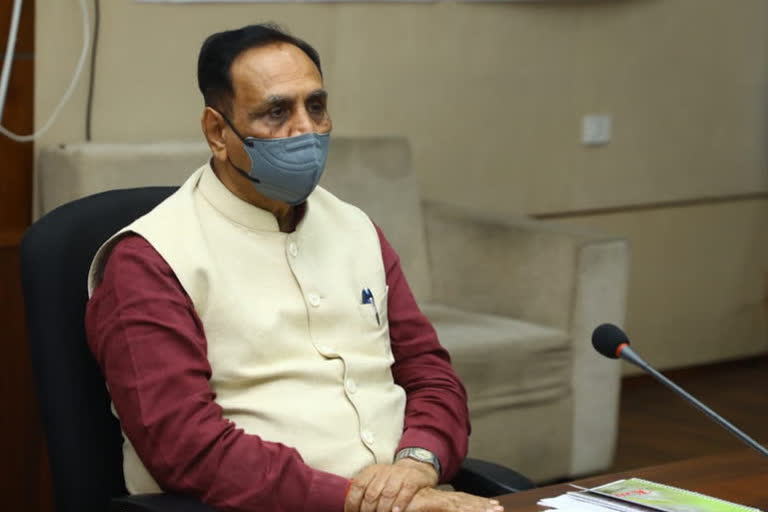New Delhi: The reset button that the BJP has pressed on governance in the wake of the COVID-19 wave, which also saw a major overhaul by Prime Minister Narendra Modi of his own Cabinet, continues as Vijay Rupani on Saturday became the fourth chief minister to go as the party works to refurbish its governance model.
The party's decision to drop Rupani as Gujarat's Chief Minister, after easing out two chief ministers in Uttarakhand and one in Karnataka in the last few months, contrasts starkly with its decision to remain unyielding in backing its chief ministerial picks during Modi's first term despite trenchant voices against some of them.
Political watchers believe the changes highlight the BJP leadership's analysis of the ground feedback and its readiness to address them, even though a final word on the shake-up can only be delivered at the elections.
Anandiben Patel was the only chief minister who was asked by the party to quit during the 2014-19 period. The party had cited its convention of retiring those over 75 years of age from government positions to replace her with Rupani as Gujarat's chief minister in 2016.
Over five years later, Rupani (65) resigned on Saturday amid question marks over his credentials as an administrator.
While the party did not immediately announce Rupani's replacement, the recent spate of changes effected by the party at the central government or in states ruled by it has marked a return of more conventional politics with the standard political fault-lines of caste identity pushing the urge to experiment to the background.
Also Read: Gujarat Chief Minister Vijay Rupani resigns
The enhanced share of Other Backward Classes (OBCs) at 27 and Dalits at 12 in the Union Council of Ministers following its expansion in July was showcased as a major highlight.
The saffron party also replaced Lingayat stalwart B S Yediyurappa as Karnataka CM with another Lingayat leader BS Bommai.
In Uttarakhand, it replaced two Thakur chief ministers with another Thakur leader, and speculation was rife that Rupani, who comes from a numerically insignificant Jain community, may make way for a Patidar, the largest community in the western state.
In keeping with its practice of brooding younger leaders at key positions since Modi became its preeminent leader, the BJP has vested a much fresher generation of leaders with power at the Centre as well as states.
The party had undertaken extensive governance and organizational feedback exercise as its handling of the second wave of the COVID-19 drew criticism from many quarters.
Though it put up a brave front in public, it has gone about affecting an image makeover, many insiders believe. At the Centre, it dropped Health Minister Harsh Vardhan and brought Mansukh Mandaviya, seen more hands-on and goal-oriented, and also edged out many veterans, including Ravi Shankar Prasad and Prakash Javadekar. PTI



